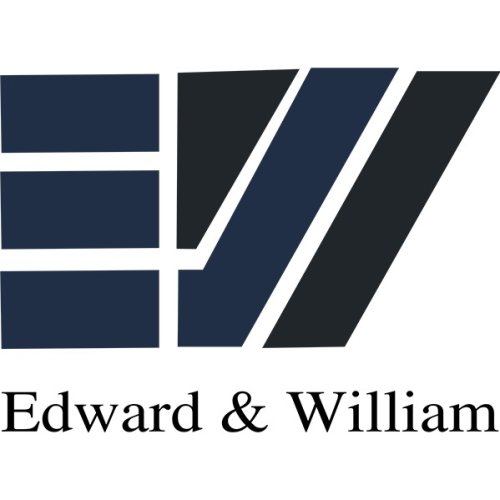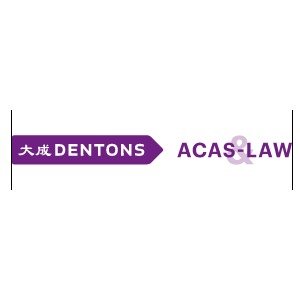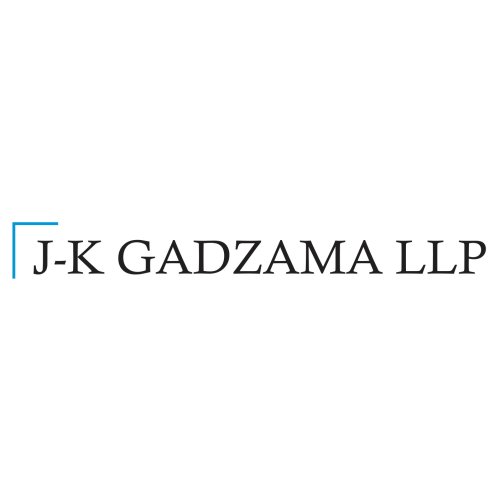About Wrongful Termination Law in Nigeria
Wrongful termination occurs when an employee’s contract is terminated by an employer in violation of the law or the terms of the employment agreement. In Nigeria, wrongful termination cases are usually governed by the Labour Act and interpretations by the National Industrial Court. The law aims to protect employees from unjust dismissal, ensuring fair labor practices and procedures are followed. Understanding the nuances of these laws is crucial for seeking justice if one believes they have been wrongfully terminated.
Why You May Need a Lawyer
Engaging a lawyer skilled in employment law is advisable in various situations related to wrongful termination. Common scenarios include:
- If your employment was terminated without the required notice or severance pay as outlined in your contract.
- If you believe the termination was based on discriminatory practices or conditions, such as race, gender, or religion.
- If there was retaliation following complaints or whistleblowing on illegal company activities.
- If your termination involved a breach of contractual terms or labor regulations.
- If you are unsure about the legal obligations or rights entailing your dismissal.
A lawyer can help navigate these issues, ensuring your rights are protected and advising on potential claims for reinstatement, compensation, or other remedies.
Local Laws Overview
Nigerian employment law is primarily governed by the Labour Act, which outlines the framework for employment contracts, termination, and dispute resolution. Key aspects of wrongful termination include:
- Contract Terms: Contracts should specify the rights and duties of both employers and employees, as well as terms for termination.
- Notice and Severance: The Labour Act defines specific notice periods or compensation in lieu of notice, depending on the length of employment.
- Unlawful Grounds for Termination: Termination based on race, gender, union memberships, or other discrimination is prohibited.
- Employee Protections: Employees are protected against summary dismissal without good cause or fair procedure.
- Dispute Resolution: Disputes can be addressed via arbitration or through filing a claim with the National Industrial Court.
Frequently Asked Questions
What qualifies as wrongful termination under Nigerian law?
Wrongful termination occurs when an employee is dismissed without adherence to the contractual terms or statutory protections afforded by the law.
What should I do if I believe I was wrongfully terminated?
Gather relevant documentation, such as your employment contract and termination letter, and seek legal advice. A lawyer can provide guidance on filing a claim or negotiating with your employer.
Can I be terminated without notice?
Employers are generally required to provide notice or payment in lieu of notice, except in cases of gross misconduct, where summary dismissal is allowed.
What is the role of the National Industrial Court?
The National Industrial Court of Nigeria is responsible for adjudicating labor disputes, including claims of wrongful termination.
Is discrimination-based termination illegal?
Yes, terminating employment based on discriminatory reasons such as race, gender, or religion is illegal in Nigeria.
What compensation might I be entitled to if wrongfully terminated?
Compensation can include reinstatement, payment for lost wages, damages for breach of contract, and back pay, depending on the court’s finding.
How long do I have to file a wrongful termination claim?
Claims should be filed promptly. Consulting a lawyer will provide guidance on any specific time limits applicable to your case.
Are there alternative dispute resolution options?
Yes, alternatives such as mediation and arbitration are available and can be effective in resolving labor disputes amicably.
Can temporary workers claim wrongful termination?
Temporary workers should have their rights clearly defined in their contracts and can make claims if faced with unjust dismissal.
What factors are considered by the court in wrongful termination cases?
The court examines employment contracts, the procedure followed in termination, reasons given for dismissal, and evidence presented by both parties.
Additional Resources
For further information or assistance, consider reaching out to the following resources:
- Nigerian Ministry of Labour and Employment
- Trade Union Congress of Nigeria (TUC)
- Nigerian Bar Association (Labor Law Section)
- Online legal forums and platforms offering general advice
Next Steps
If you believe you have a case for wrongful termination, follow these steps:
- Document Everything: Collect all relevant documents, including your employment contract, any communication regarding your termination, and evidence supporting your claim.
- Seek Legal Advice: Consult with an employment lawyer to evaluate your case, understand your rights, and explore your legal options.
- File a Complaint: If advised, you can file a formal complaint with the appropriate legal body, such as the National Industrial Court.
- Explore Alternative Resolutions: Consider mediation or arbitration as potentially quicker and less costly options for resolving disputes.
- Stay Informed: Keep abreast of any changes in labor laws and legal precedents to understand how they might impact your situation.
Lawzana helps you find the best lawyers and law firms in Nigeria through a curated and pre-screened list of qualified legal professionals. Our platform offers rankings and detailed profiles of attorneys and law firms, allowing you to compare based on practice areas, including Wrongful Termination, experience, and client feedback.
Each profile includes a description of the firm's areas of practice, client reviews, team members and partners, year of establishment, spoken languages, office locations, contact information, social media presence, and any published articles or resources. Most firms on our platform speak English and are experienced in both local and international legal matters.
Get a quote from top-rated law firms in Nigeria — quickly, securely, and without unnecessary hassle.
Disclaimer:
The information provided on this page is for general informational purposes only and does not constitute legal advice. While we strive to ensure the accuracy and relevance of the content, legal information may change over time, and interpretations of the law can vary. You should always consult with a qualified legal professional for advice specific to your situation.
We disclaim all liability for actions taken or not taken based on the content of this page. If you believe any information is incorrect or outdated, please contact us, and we will review and update it where appropriate.

















